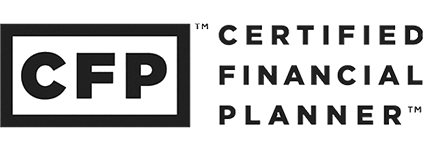Account Types: Health Savings Account (Part 5 of a 5 Part Series)
/As Millennials and Gen Z’s, you are in the prime of your life and most likely in good health, but you may still want to consider a Health Savings Account (HSA) if you are eligible to fund one. An HSA account is a triple tax-exempt account used to save for qualified medical expenses. Contributions to these accounts can only be made by people covered under an HSA-eligible high deductible health plan.
There are annual limits to the amount that can be contributed to an HSA depending on the number of people covered under your insurance plan (single or family), and the limits apply to the aggregate of what an individual and their employer (if they have one) put into the account each year. Each dollar you contribute reduces your taxable income.
In addition, some HSAs offer investment options for better long-term growth potential. Investments will grow tax-deferred and as long as distributions are for qualified medical expenses, there are no taxes due on withdrawals. As well, there is no time limit on when one must reimburse themselves from the account. So, a person could save the receipts for things they could have used their HSA to pay for but did not, then reimburse themselves with tax-free income at some date far into the future after the investments have had time to grow.






